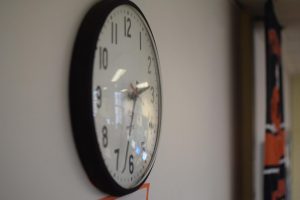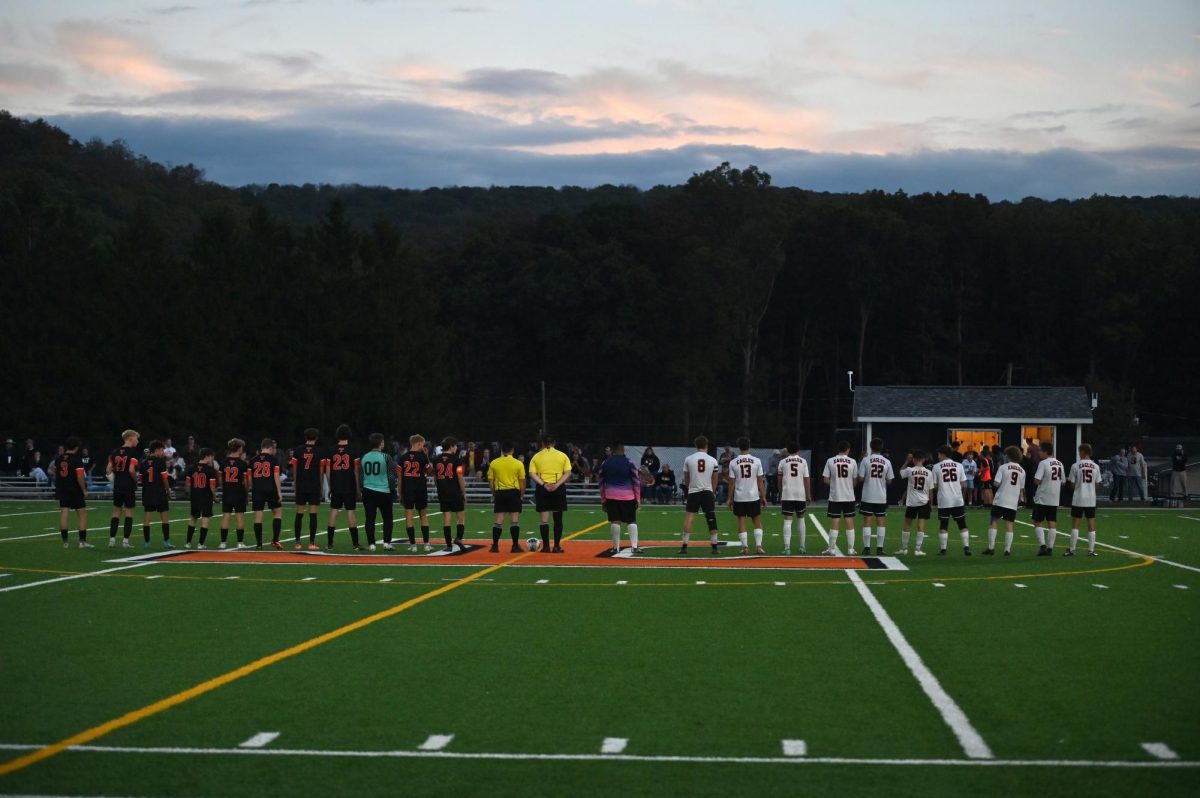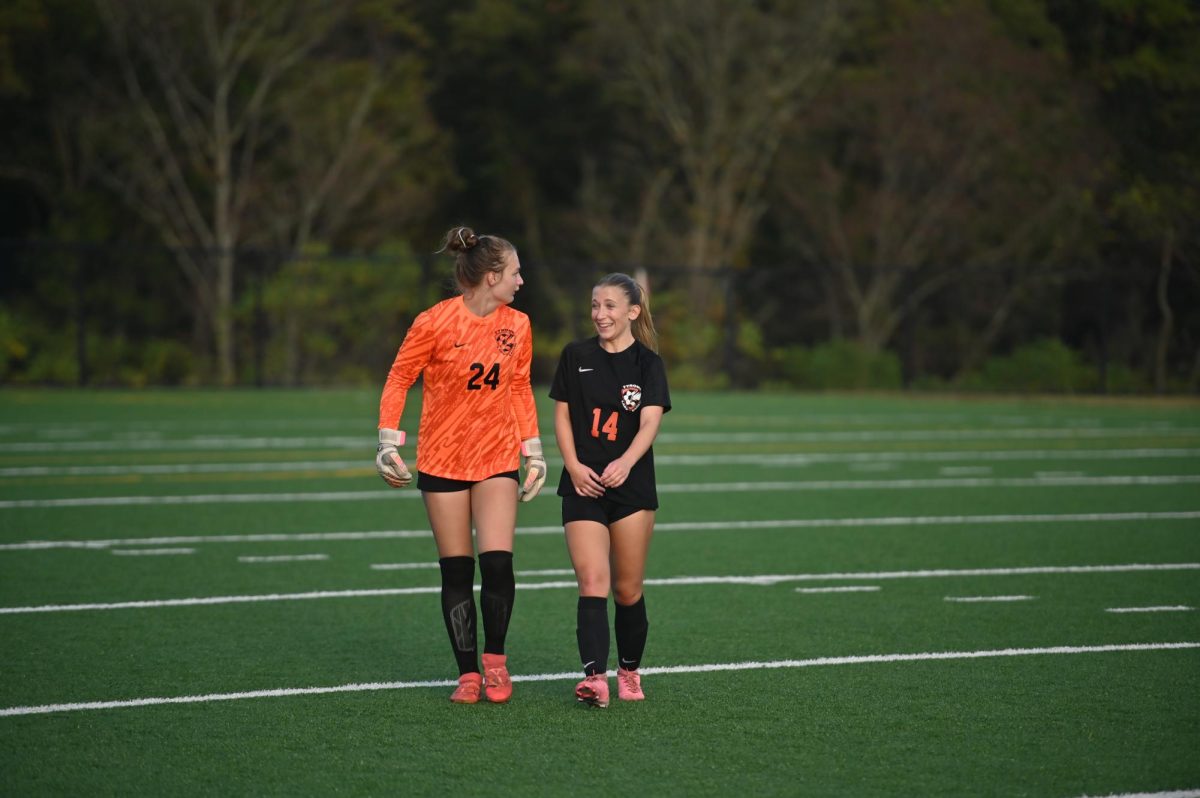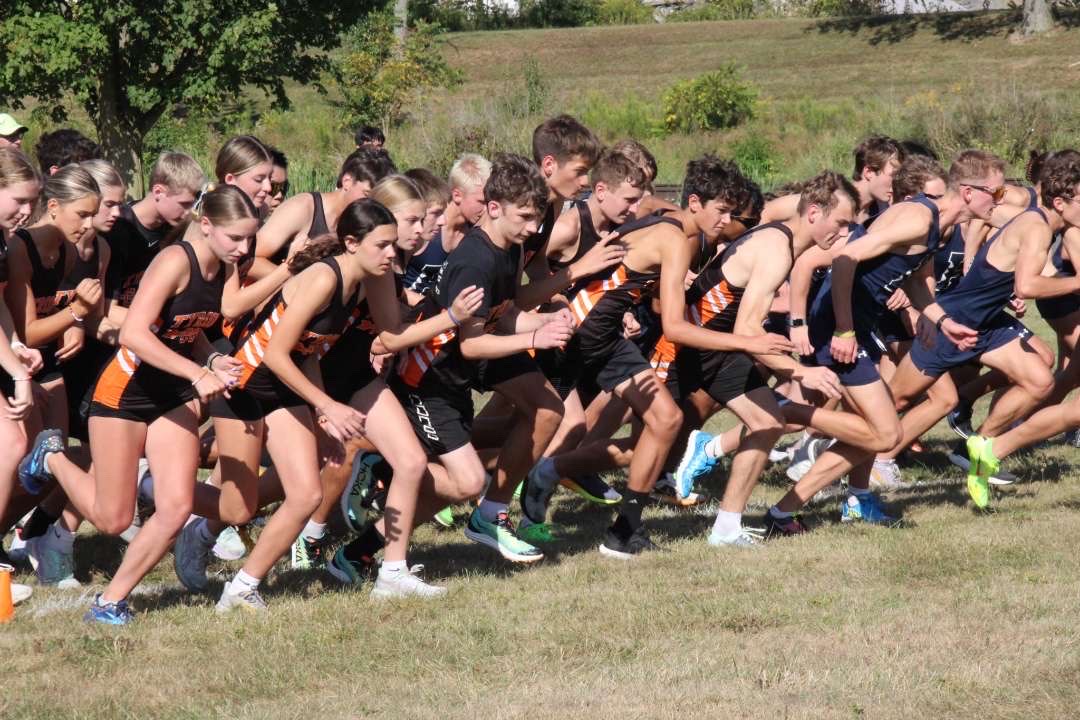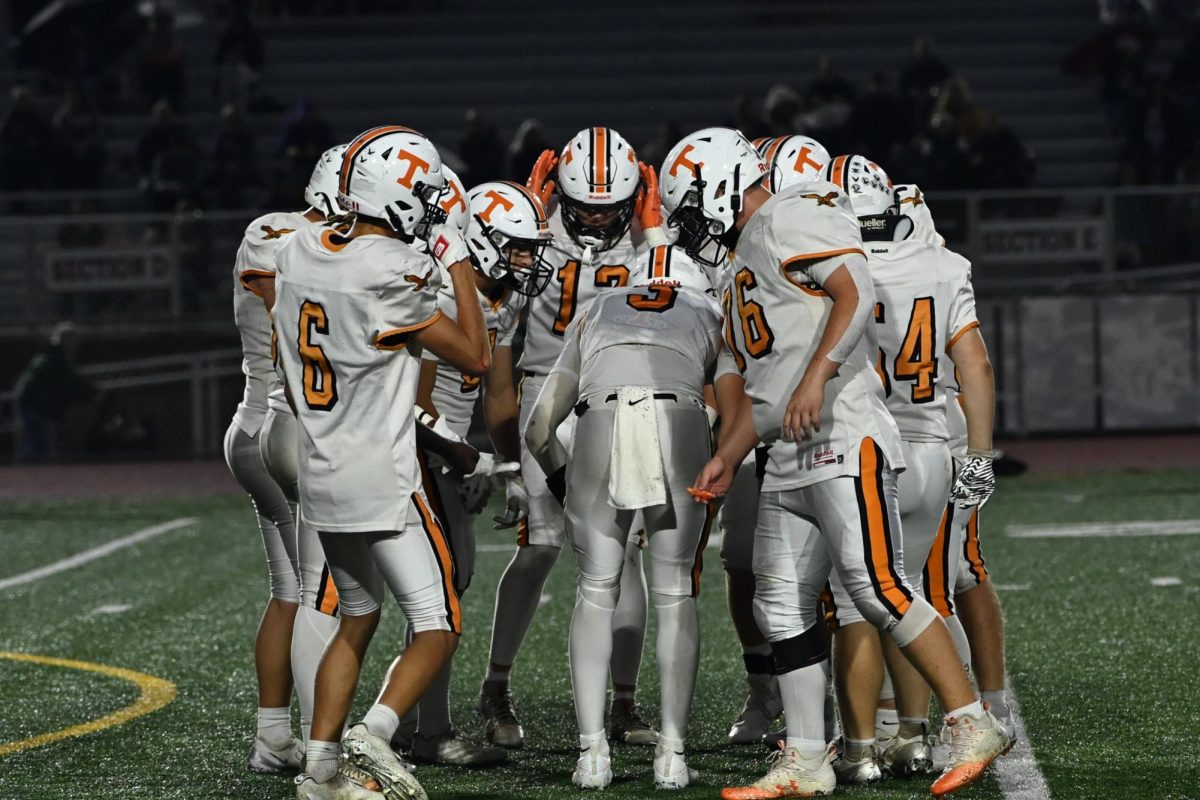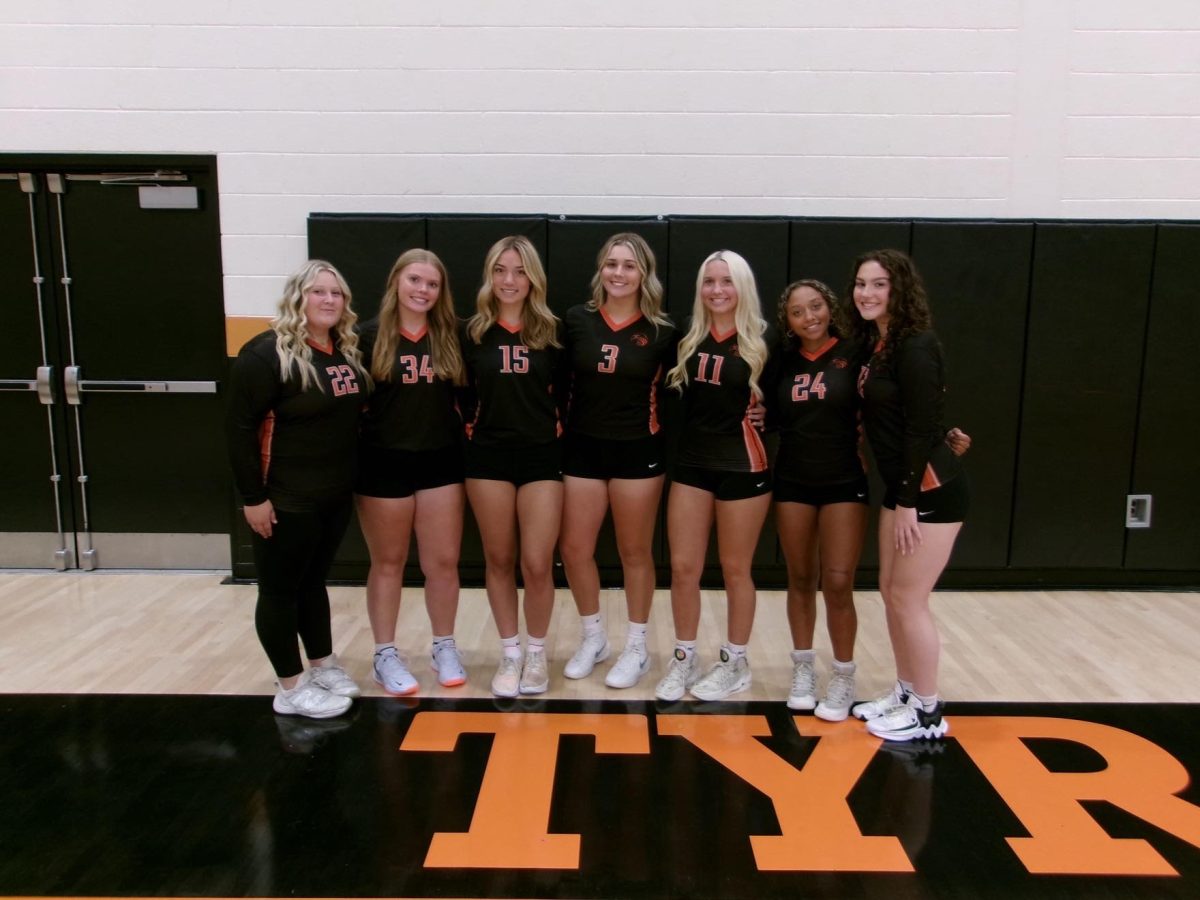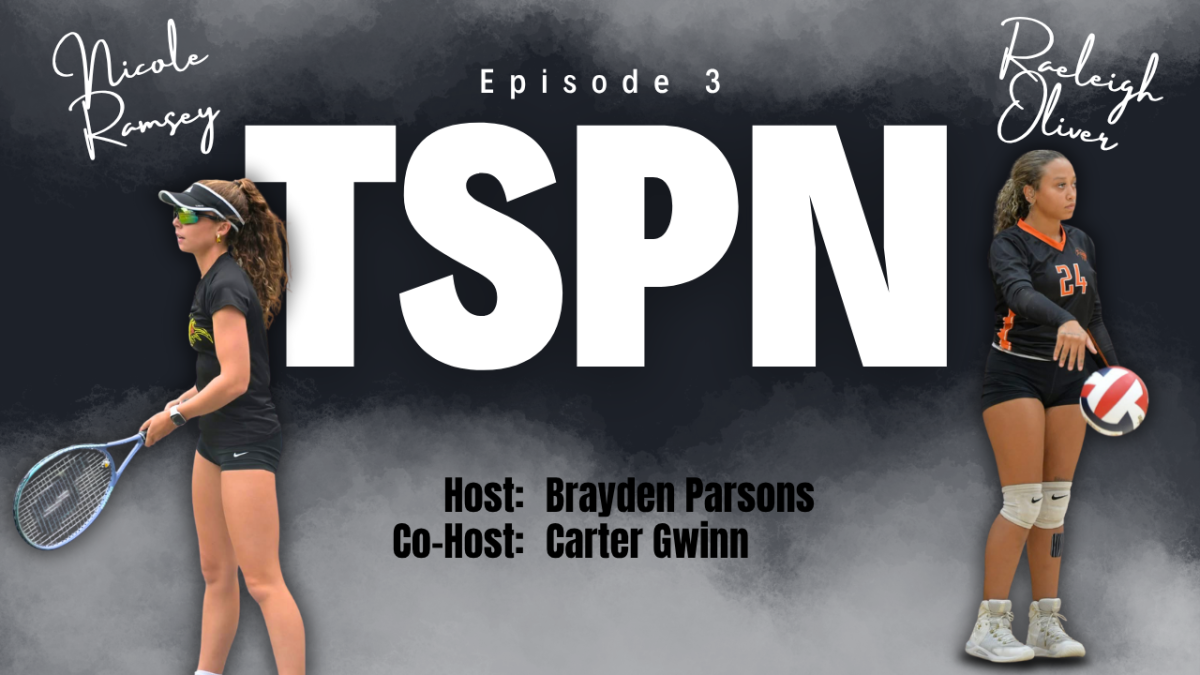Pros
February 1, 2018
According to the American Academy of Pediatrics, insufficient sleep in adolescence affects their health and safety as well as their academic success. On average, a teenager between the ages 13 and 18 needs 9 ¼ hours of sleep per night to develop and grow. Most teens only get 7 ¼ hours of sleep per night.
Most schools start at or before 8 am. If schools start too early in the morning, the lack of sleep could affect student’s performance. Studies performed by Dr. Kyla Wahlstrom showed that schools who start later in the day have improved over 9,000 students academic success.
“Usually I get about seven hours of sleep depending on how much homework I have. I believe that if school started later I would be to school on time because I was able to get more sleep,” said sophomore Kaitlyn Plummer.
“I think it would be helpful if schools started later in the day. When I get more sleep, I feel like I can think more clearly,” said sophomore Michael Stoner.
Teenagers biologically have problems falling asleep early. According to the National Sleep Foundation, due to the delay in melatonin in a teenagers brain, they have a lacking of “sleep drive” in response to fatigue.
“Sometimes I physically can’t fall asleep until around 2:00 in the morning. I try to fall asleep earlier, but I just lay there,” said senior Asher Christine.
State College Area School District recently announced that they will start school next year at 8:40 am for the high school students. According to a press release on State College, The later start will better align with adolescent sleep patterns, helping students be more alert and engaged during morning classes.



